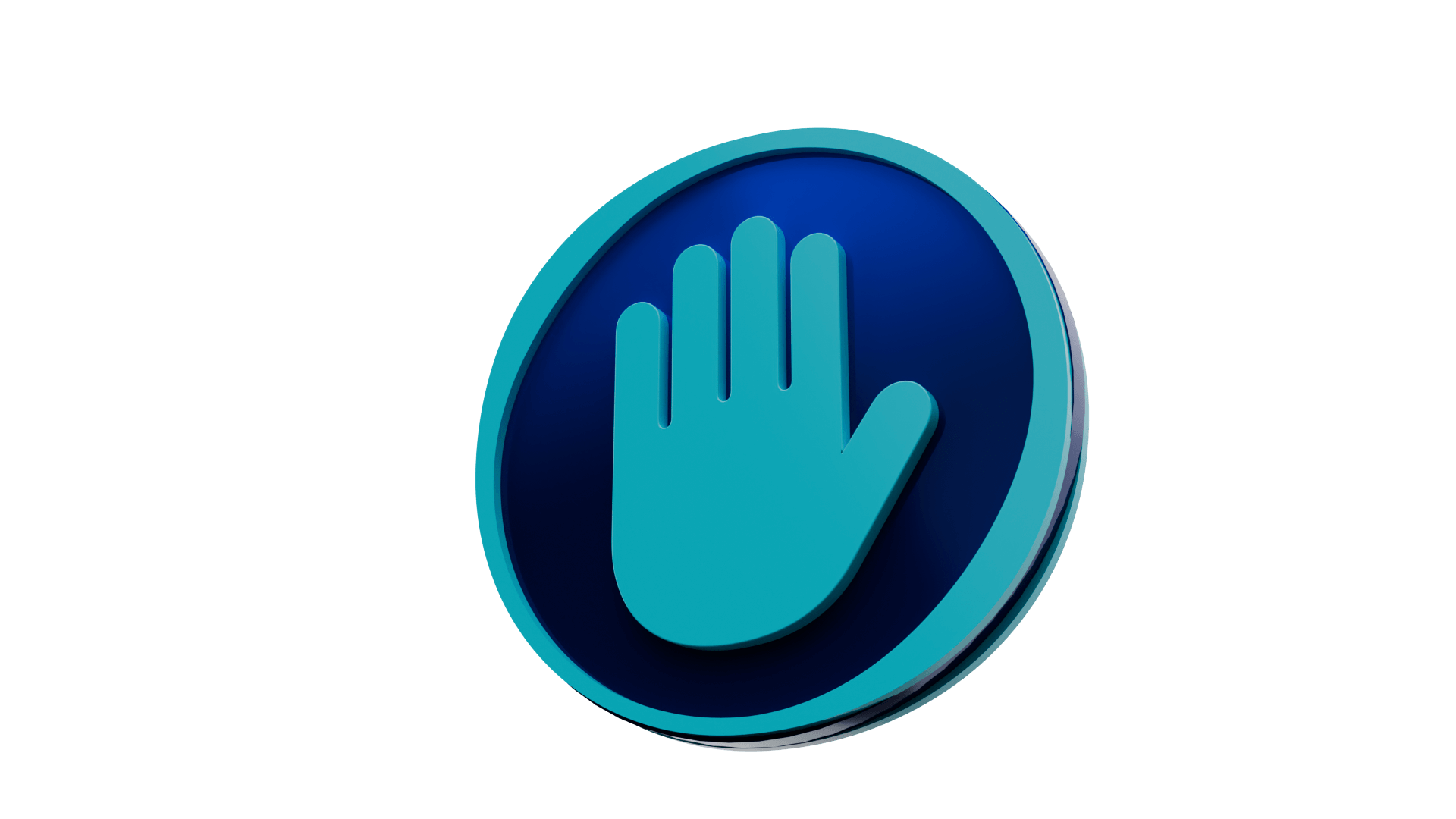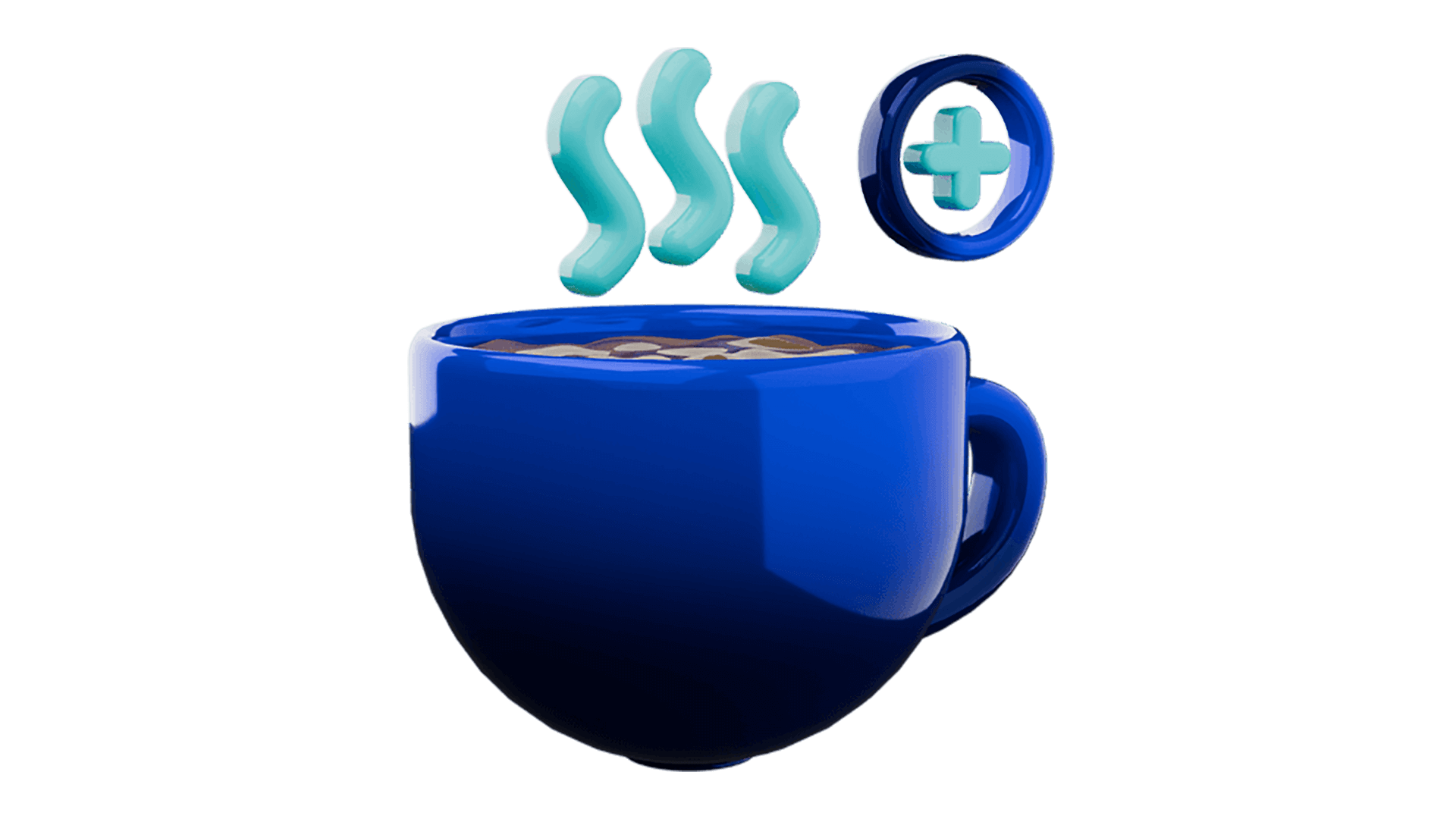Safer Gambling at PlayOJO
Advice for Friends & Family
If you’re worried about someone you know, here’s how to tell if they might need help managing their play and what you can do to help.
Understanding the effects
Most people gamble in moderation and don’t need any extra assistance to keep it fun. Some need a helping hand with Safer Gambling tools and that’ll be enough. However, some people find it difficult to control the amount of time or money they spend. Problem gambling can affect a person’s financial, mental and professional wellbeing, as well as harming those around them.
What to look for
Although problem gambling can be difficult to spot, there are a few signs to look out for:
- Time spent on gambling – Unexplained absences from work or home, or excessive device use
- Money problems – Excessive spending, borrowing or stealing to fund gambling
- Mood change – Short term mood swings or longer-term personality change
- Behaviour change – Neglecting work or normal activities, or isolating from friends and family
- Dishonesty – Hiding gambling behaviour or the impact of gambling losses

How you can help
By learning more about safer gambling, the signs of problem gambling and how to get help, you’re already on the right track.
Talk it out
Compulsive behaviour is hard to control and this person might not be ready to open up. Gambling Therapy have provided some tips on how to talk to problem gamblers.
Point them to the best info and suggest that they install software such as GAMBLOCK as a starting point but most of all, encourage them to seek help.
Seek help for yourself too
Living with problem gamblers can be a difficult experience for those closest to them. Speaking to someone from a support organisation or discussing it with other people in the same situation can relieve the strain, show you you’re not alone and give you hope for a solution. If you need to talk to someone, contact one of the organisations on our Get Help page.

Availability depends on your country
















Responsible Gaming
OJO Promise
We use both automated and manual processes in order to verify the age of the customer registering the account and any player under the age of 18 who registers an account will have their account closed immediately.
We say NO to Underage Gambling . We do not allow players under the age of 18 to gamble. This is stated in our Terms and Conditions.
Trademark ™ 2025 PlayOJO. All rights reserved.
This site’s operations are regulated by the Malta Gaming Authority and is operated by SkillOnNet Ltd, Office 1/5297 Level G, Quantum House, 75, Abate Rigord Street, Ta’ Xbiex, XBX 1120, Malta, under the gaming license issued by the Malta Gaming Authority (license number MGA/CRP/171/2009/01) issued on 1 August 2018.
Gambling can be addictive, please play responsibly.
Apple and the Apple logo are trademarks of Apple Inc., registered in the U.S. and other countries. App Store is a service mark of Apple Inc., registered in the U.S. and other countries.
